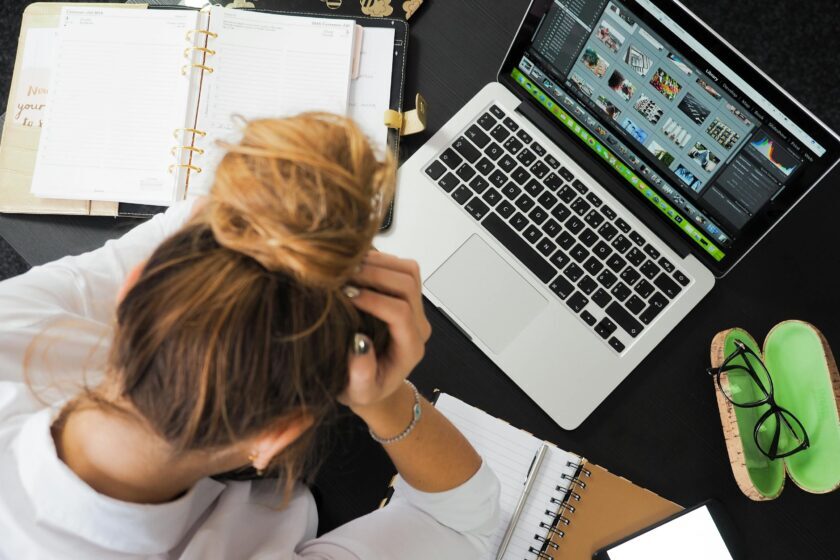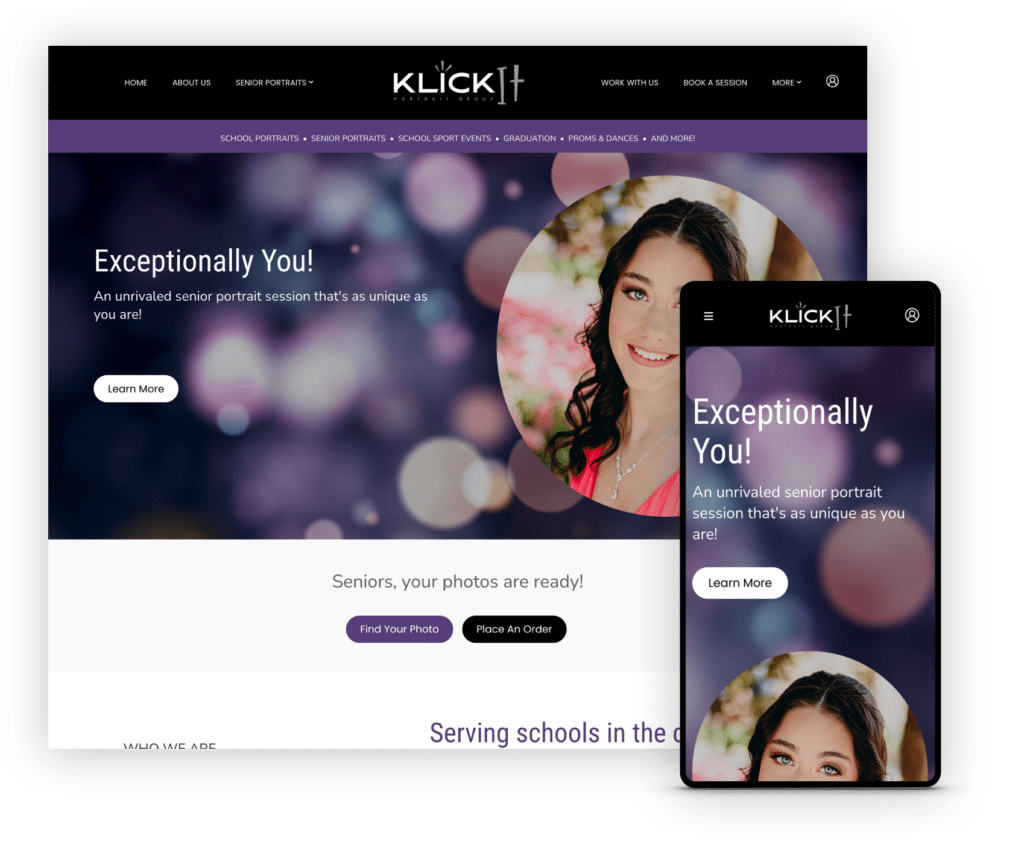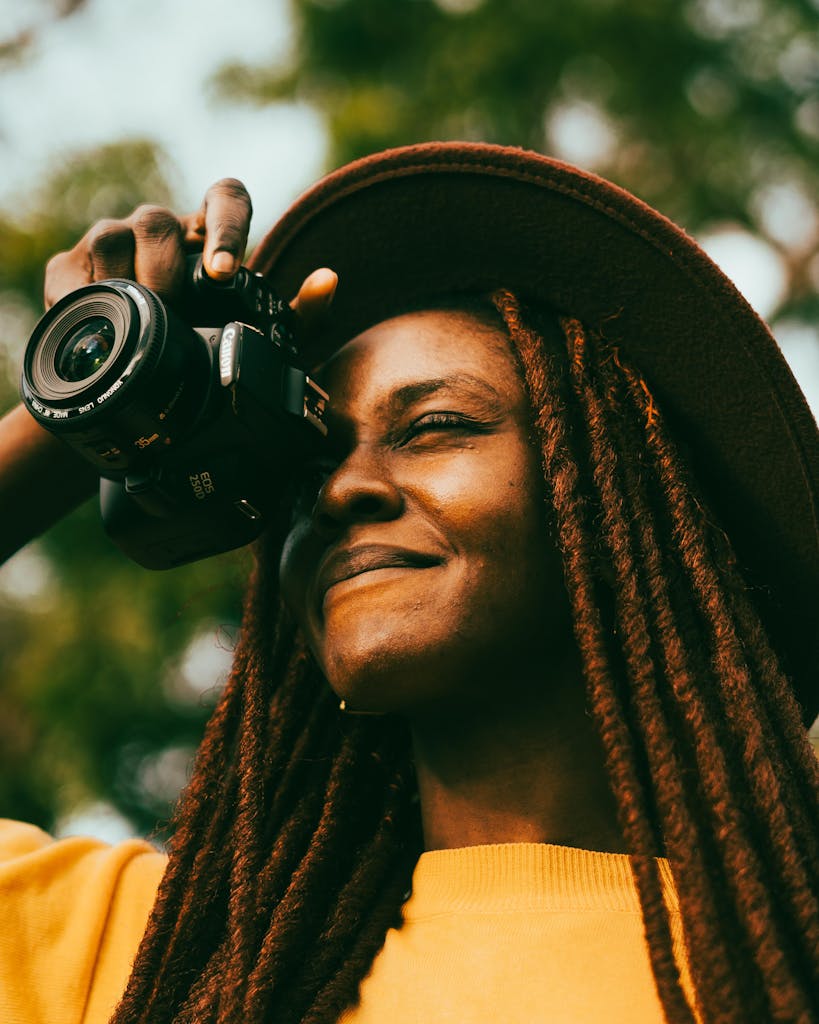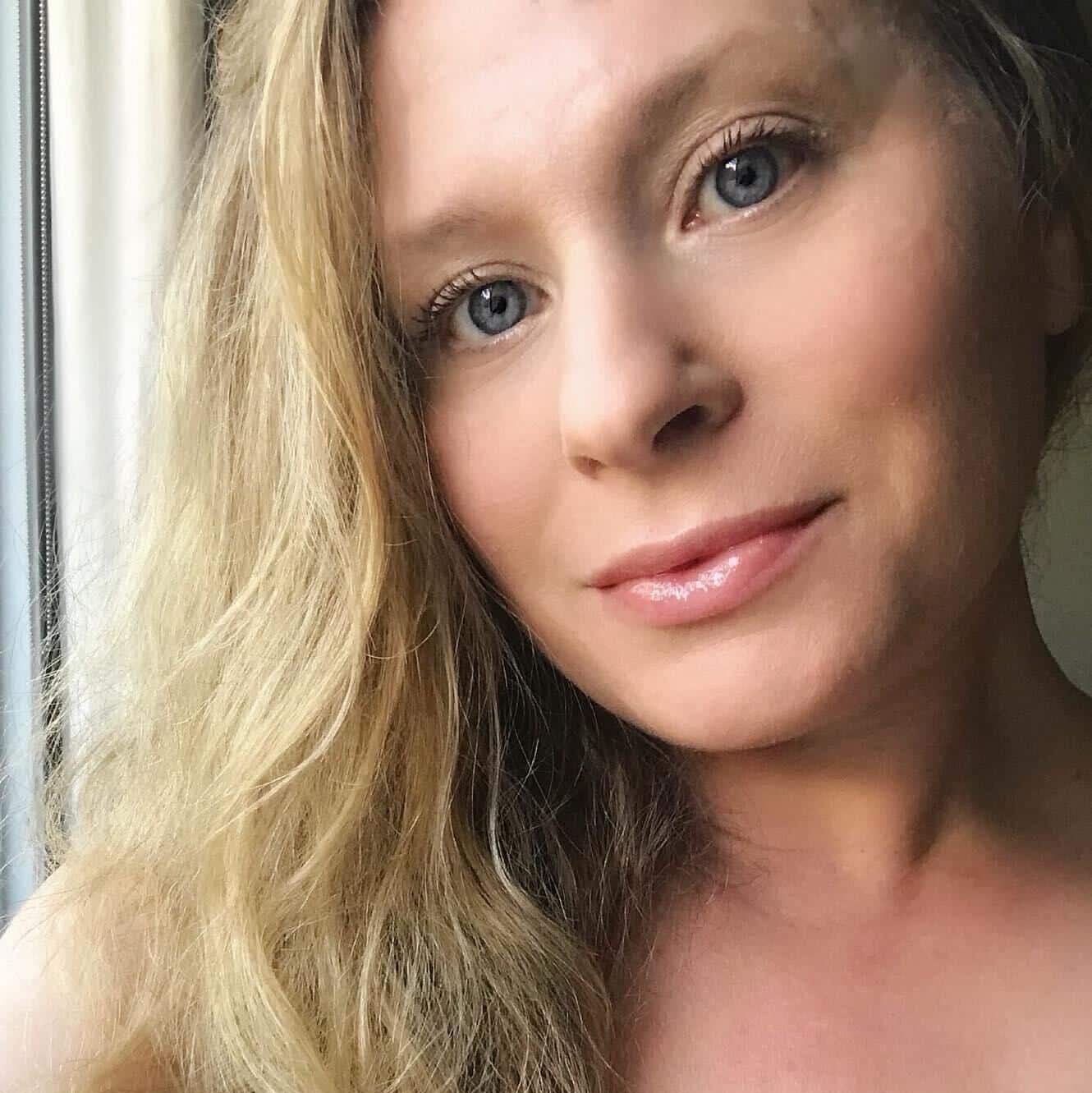Overcoming imposter syndrome in photography.
October 10th, 2024
Have you ever casually scrolled through Instagram looking at all the beautifully composed shots of your favorite photographers, when suddenly this feeling of complete inadequacy overcomes you? Does that photo you proudly posted last week look amateur and dull in comparison? At this point, you might be asking yourself how you can call yourself a professional photographer.
We’ve all been there. No matter how long you’ve been in the photography field, imposter syndrome creeps up on all of us sooner or later, bringing with it a wave of crushing self-doubt. In fact, it’s common to experience these feelings of inadequacy as your business develops and your skills as a creative professional are rewarded by a growing number of loyal customers.
The good news? These feelings are completely normal, and with the right strategies, you can manage them, move forward, and get back to feeling like your creative self again!
Why do photographers get imposter syndrome?
As photographers, we immerse ourselves in this far-reaching community of creative individuals. We join the photography Facebook groups, watch all the YouTube videos, and practice and hone our skills for hours each day. But some of us don’t have a formal degree, or formal training of any kind. Even for those that go after a degree, it is rare that the process equips you with every single thing you need to feel ready to shout to the world “I am officially a professional photographer!” From learning the camera to managing clients to running a business–many of us are self-taught; we learned what to do by doing–by failing and trying again and again.
In this bubble, there is rarely anyone around to discuss these feelings of inadequacy with; and if anyone dares to admit them in an online group, such posts are often met with a barrage of negative, less-than-constructive comments.
Social media is a double-edged sword for artists. It’s an excellent way to connect with your creative peers and promote yourself and your business, but it also invites comparisons with others’ work.
No photographer uploads their overexposed, out-of-focus photos to Instagram. No one shares the poorly-composed group shots, or the terribly-lit, noisy reception photos. We all share our best images; and although we subconsciously know this, we emotionally process the perceived perfection of these photos as if that is what other photographers create all the time. In our mind, the person posting this outstanding work didn’t send most of the photos he took to the trash folder, like we do.
But guess what? Everyone has an overflowing trash folder. For every one or two winning images, there are 496 that didn’t make the cut.
Each one of us is out in the world trying to project self-confidence and success on social media and in business- constantly posting and trying to get more likes and more followers. But when we look at someone who seems to have it all, we don’t see their struggles to get there. We just know our own.

Tips to overcoming imposter syndrome:
Although experiencing imposter syndrome from time to time is natural, it’s important not to sit with these feelings for a long time. Constantly comparing yourself to others can paralyze your progress, especially as self-doubt and fear stifle creativity and growth.
Let’s explore strategies to escape the turbulent waters of insecurity.
- Embrace it. Recognize that this is likely just in your head, and acknowledge that the anxiety and feelings of inadequacy weighing you down are merely perceptions you’ve created in a false reality. No one is kicking you out of the creative club!
- Taking note of your achievements. Sometimes this is difficult when you find yourself feeling less-than, but acknowledging your successes and wins is a good exercise to turn the tide. Personally, I find it easier to write it down on paper because it gets me outside my own head. No victory is too small.
- Don’t stop learning. What’s so great about being in such a vast creative profession like photography is that there is always something more to learn! Enroll in a class or workshop to improve your skills and your confidence. If you don’t have time for a formal course, working towards improving the skills you already have through practice is great as well.
- Connect with other photographers. A downside to experiencing imposter syndrome is that it might stop you from reaching out to other photographers or groups. However, you don’t need to be an island. Seek out a supportive community where you can not only share your work, but also your experiences. You’ll discover that photographers at every stage of their professional journey experience similar doubts and uncertainties about their work.
- Set realistic goals. Setting little goals for yourself and giving yourself a reasonable amount of time to reach them can be such a relief, and will make growing and learning new skills less anxiety-provoking. Will you fully understand off-camera lighting after watching one YouTube video? No. But maybe after watching several of them, and practicing over a year’s time, you will! I find that writing down my goals helps keep me accountable and lets me track my progress.
- Celebrate being uniquely you. Everyone has something special they bring to the table. The photographer you are comparing yourself to can’t do what you do as well as you can. What they are doing is great. Their post-processing style, or the way they set up shots, is excellent. The wheel of comparison can sometimes blind you from seeing what sets you apart. If you haven’t found your style yet, don’t worry! Keep shooting and experimenting—you will discover what makes your style unique.

How an online presence can boost confidence.
Creating a professional portfolio can serve as a powerful affirmation of your skills and talents as a photographer. By curating your very best work and showcasing it in a visually appealing manner, you not only illustrate your expertise to visitors and potential clients, but also to yourself.
So much reflection goes into the process of creating a gallery of photos to showcase. Think about what you had to learn to create such beautiful images, how many hours of practice, and how many failures it took to get to where you are now. Creating a professional portfolio reinforces your abilities and achievements, helping to solidify your self-image as a competent and adept professional.
By regularly updating and maintaining an online portfolio, you create a living, breathing document of your progress and achievements. Sharing publicly allows you to acknowledge and celebrate your successes, providing a sense of pride and ownership.
Case in point: Early on in my photography journey, I set up a Blogspot page to record a 365-day project. I cannot tell you how much the positive comments and personal connections helped to reinforce my sense of community and my sense of belonging. That one project, along with the support I received from strangers who cared enough to leave an encouraging message, gave me the courage to dream of a career in photography.

Coping mechanisms and mindfulness.
Creative people often face high levels of stress in pursuit of artistic perfection. Mindfulness and stress-reduction techniques can be incredibly beneficial in managing these feelings of pressure. Practices such as meditation, deep breathing exercises, or even going for a simple walk can help keep you grounded and in the moment.
Shortly before starting my business, I decided to train for a marathon. Finding my rhythm and being mindful of my breathing became its own form of meditation. By the time I was done for my run, I was no longer weighed down with whatever burden I was carrying, thus opening the door for creativity and learning later that day.
Maintaining a healthy relationship with photography is all about balance. Balance and perspective about your work, and balance in life outside your work. Being aware that your value as a person and as a professional does not lie in your last social media post, or in how many people liked your image post, will help protect your emotional health.
Embrace a growth mindset. While not always easy, see those struggles and hurdles as opportunities to grow and learn. Dodge the traps of perfectionism and self-doubt. You don’t need them in your creative backpack!
In this creative journey, feeling like an imposter is a common experience among photographers. Embrace these challenges as stepping stones rather than stumbling blocks. Remember, each doubt and each obstacle is part of what makes your story unique and real. Keep pushing forward, stay confident, and trust in your talent. Keep shooting, keep learning, and most importantly, never stop believing in yourself.
Your website. Your way. In minutes.
Build a professional website that reflects your style. Easily customize your design – no coding required. Run your business…all from your own site with your own brand.


